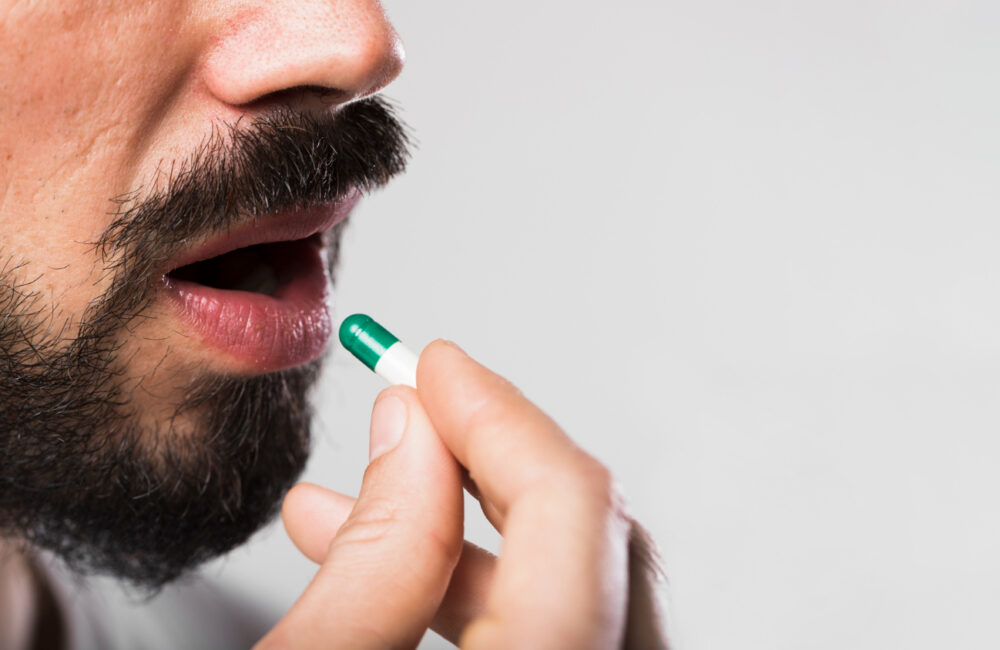
Various oral sedatives have established efficacy and safety for managing fear and dental anxiety.
local anesthetic allergies
Anxiety and fear of going to the dentist persist despite the modern advances in dentistry. Fortunately, oral sedatives in sedation dentistry have established efficacy and safety for managing dental anxiety. Oral sedatives can keep the patient awake while still having the desired calming effect.
Sedation dentistry utilizes a wide range of sedation types, spanning from administering mild sedation through a breathing mask to intravenously administering general anesthesia. A range of oral sedatives between these two options can keep the patient awake while still having the desired calming effect.
If you lack clarity about the substances utilized during sedation dentistry, a sedation dentist may prescribe a list of the most common oral drugs for your dental treatment.
Midazolam (Versed)
Midazolam is the most commonly used drug in oral sedation dentistry, and it is generally considered very safe, inducing only a mild form of sedation. One precaution usually needed when administering midazolam is to reschedule the patients who have respiratory infections on the day of the intervention, as this drug has a higher impact on the respiratory tract than on the circulatory system.
Diazepam (Valium)
One of the drugs almost everyone has heard about is diazepam (Valium). It is used in various medical interventions, including as an oral sedative for dental surgery. The time it takes for diazepam to only remain in a 50% concentration in the patient’s system is longer than with other drugs, making it the preferred choice for extended, complex dental operations.
Triazolam (Halcion)
For patients who have a hard time going to the dentist because of their associated anxiety, triazolam is often the doctor’s choice. Primarily a drug that fights insomnia, it has an effect on the patient’s anxiety level. It helps them go through the procedure without remembering it afterward, which allows them to be unaffected by their dental anxiety and come back next time.
Lorazepam (Ativan)
Another benzodiazepine with amnesic properties, like diazepam, lorazepam is very useful in patients with anxiety, allowing them to go through their dental treatment without the effects of their anxiety.
Hydroxyzine (Vistaril)
Hydroxyzine is an antihistamine that also acts on the patient’s anxiety levels. Doctors employ it on a short-term basis to manage anxiety or induce a state of sleepiness and relaxation in patients before a dental procedure.
As you can see, there are many drug options if your dentist recommends oral sedation for your dental procedure. The choice of drug depends on factors such as the duration for the medicine to exit your system, your allergies and sensitivities, and the specific requirements of the sedation.
Also, Read / A Checklist for Your Next Dental Visit




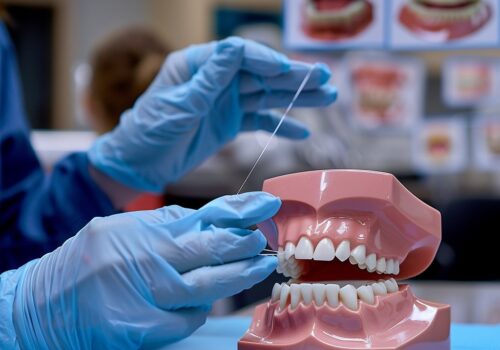
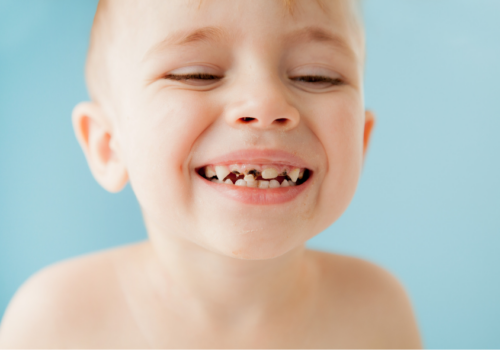
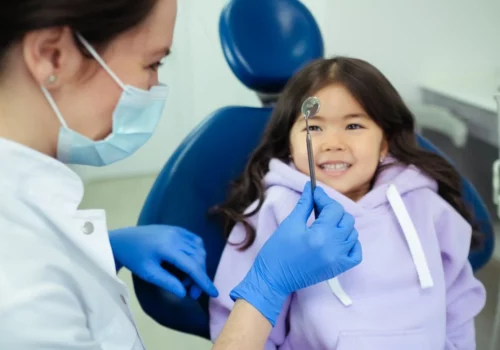

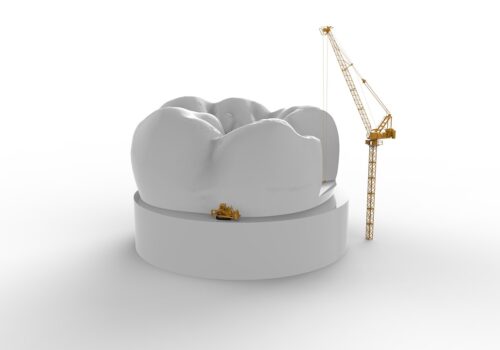
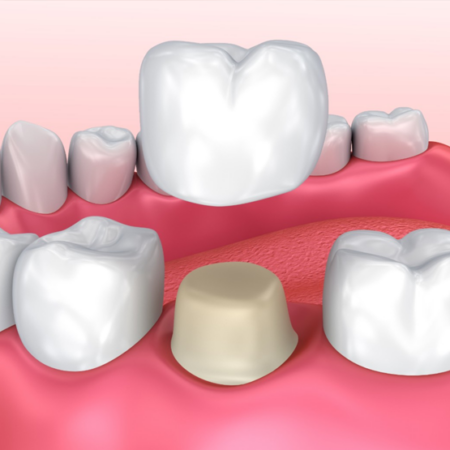
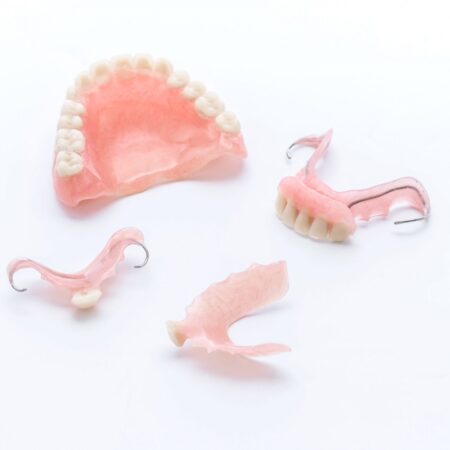
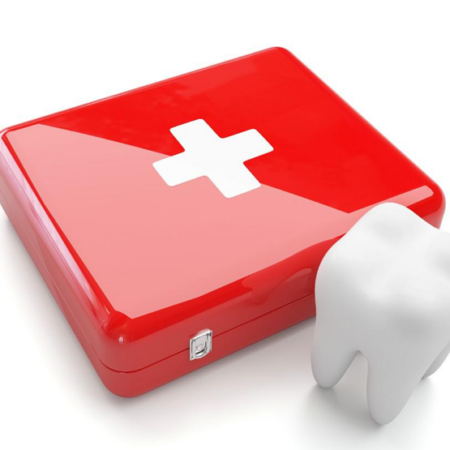
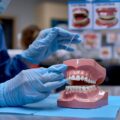


Leave a Reply